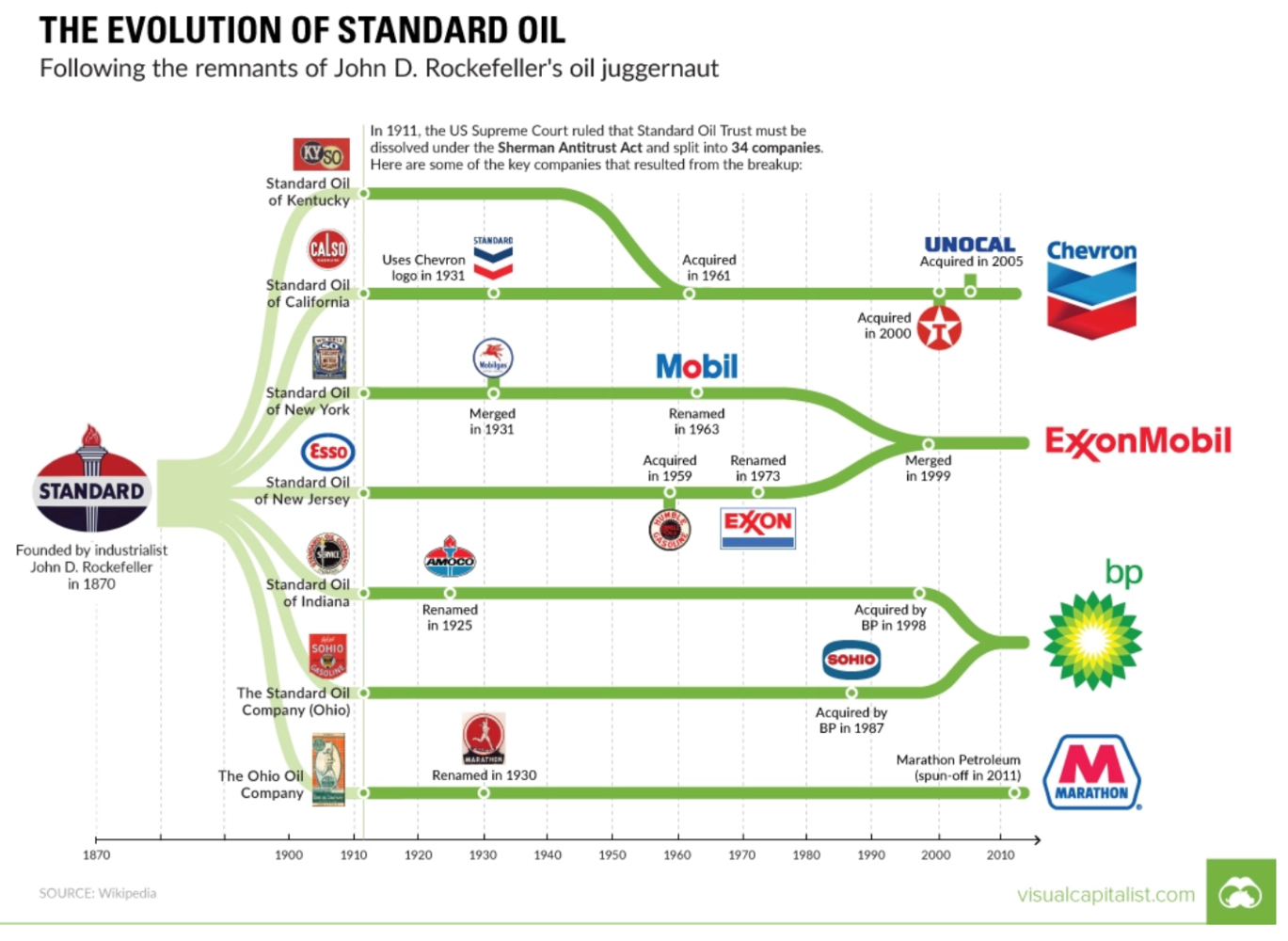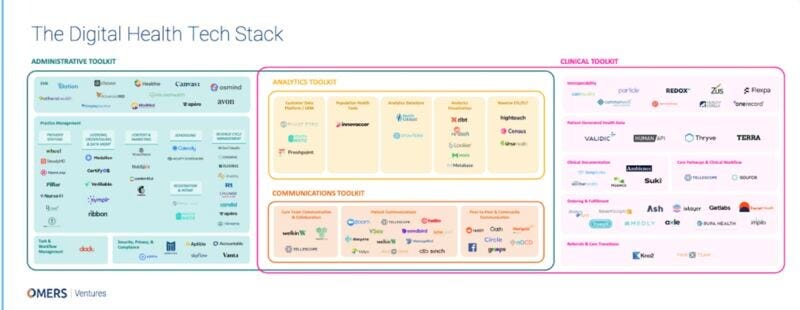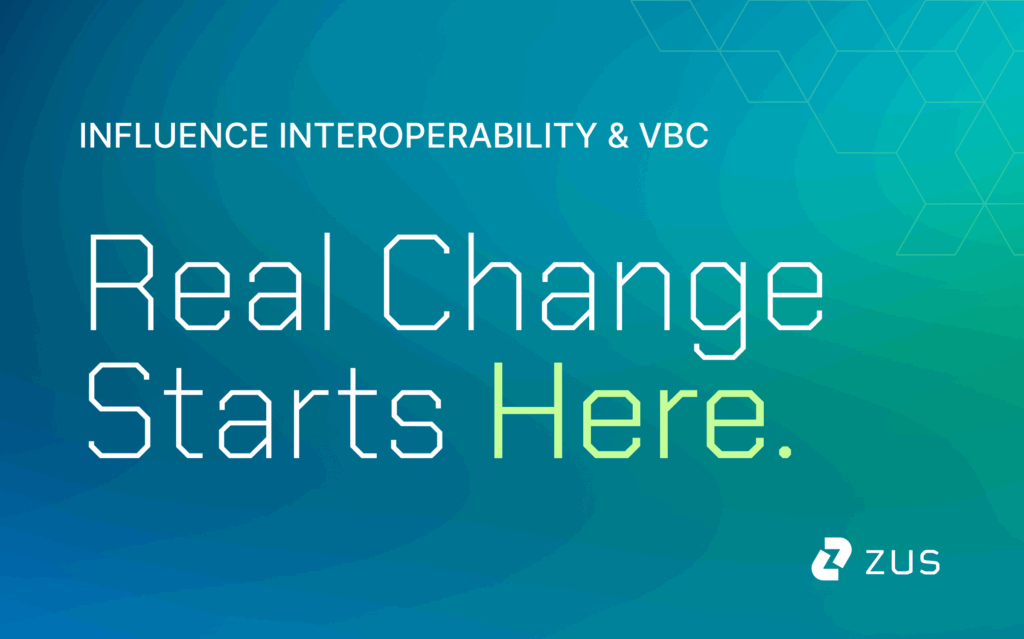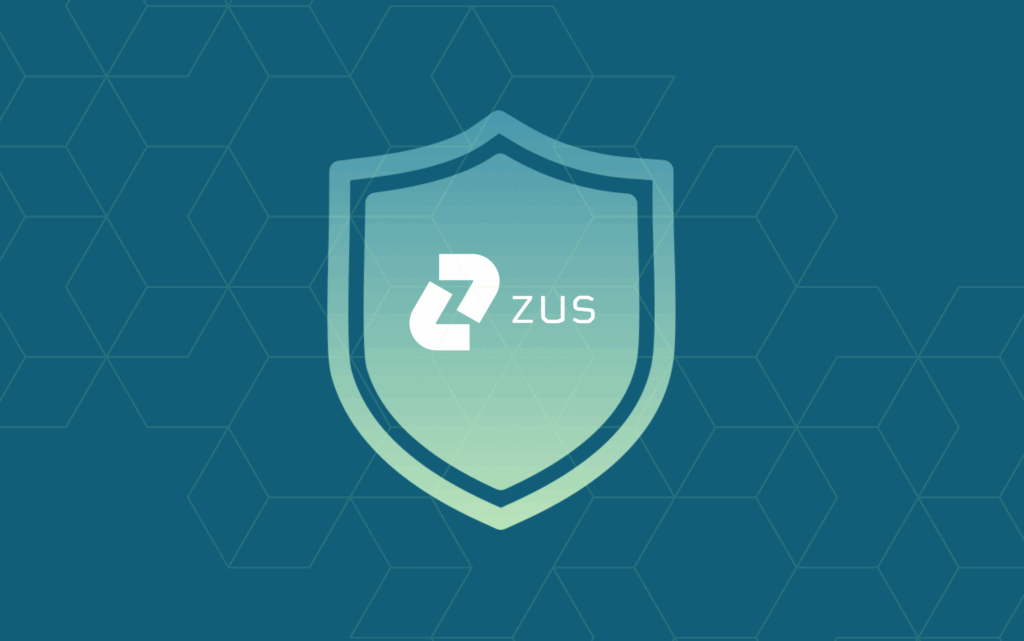Everyone has heard the tired cliché by now:
Data is oil
To this I say, so what?
I can’t fill my car with oil, I don’t buy food packaged in oil, I can’t consume oil.
The point is that data (I’ll focus on healthcare data) has limited utility in its raw form. What data is, and more specifically access to HC data is, is a commodity.
At one time there used to be a few big players (who will remain nameless) that hoarded and siloed this data for their own personal uses. They correctly realized that the value was derived from that data, in the form of value-added services.
Let’s look at the breakup of Standard Oil as a model. Nobody knows any of the names of the companies that Standard was split into. The names that resonate with consumers are the companies that were created that actually processed this oil into something usable — gas in this case.

That’s where the real value creation lies. Just like big oil, healthcare companies need to turn this raw data into actionable information. 100 CDA documents and pdfs are useless to me unless you can make them easily digestible — most likely as FHIR resources. Even better if they’re de-duplicated, semantically normalized and exposed as APIs tied to use cases.
In the digital health ecosystem, it’s access to this data that allows innovative companies to build something truly disruptive, and that’s really where data is like oil. If I’m building a digital health startup engine, I need that oily information to power my innovation. The good news is there’s plenty to choose from — just check out the interoperability players here.

Thanks to legislation like the Cures Act and Information Blocking rule, the Standard Oils of the HC industry no longer have a monopoly on that data. The data doesn’t belong to EMRs or even health systems: it’s been unleashed (with proper safety and privacy guardrails) to improve health outcomes and lower costs.

So what’s the takeaway, besides that I obviously have a There Will be Blood movie man crush?
It’s no longer unreasonably burdensome to get clinical data at scale across the U.S., and if I’m looking to create a new HC startup, all that data is at my fingertips (particularly for a Treatment Purpose of Use).
What’s critical is that I pick a partner that is going beyond transporting that oil. I need a partner that is refining it into the fuel that my engine runs on.




